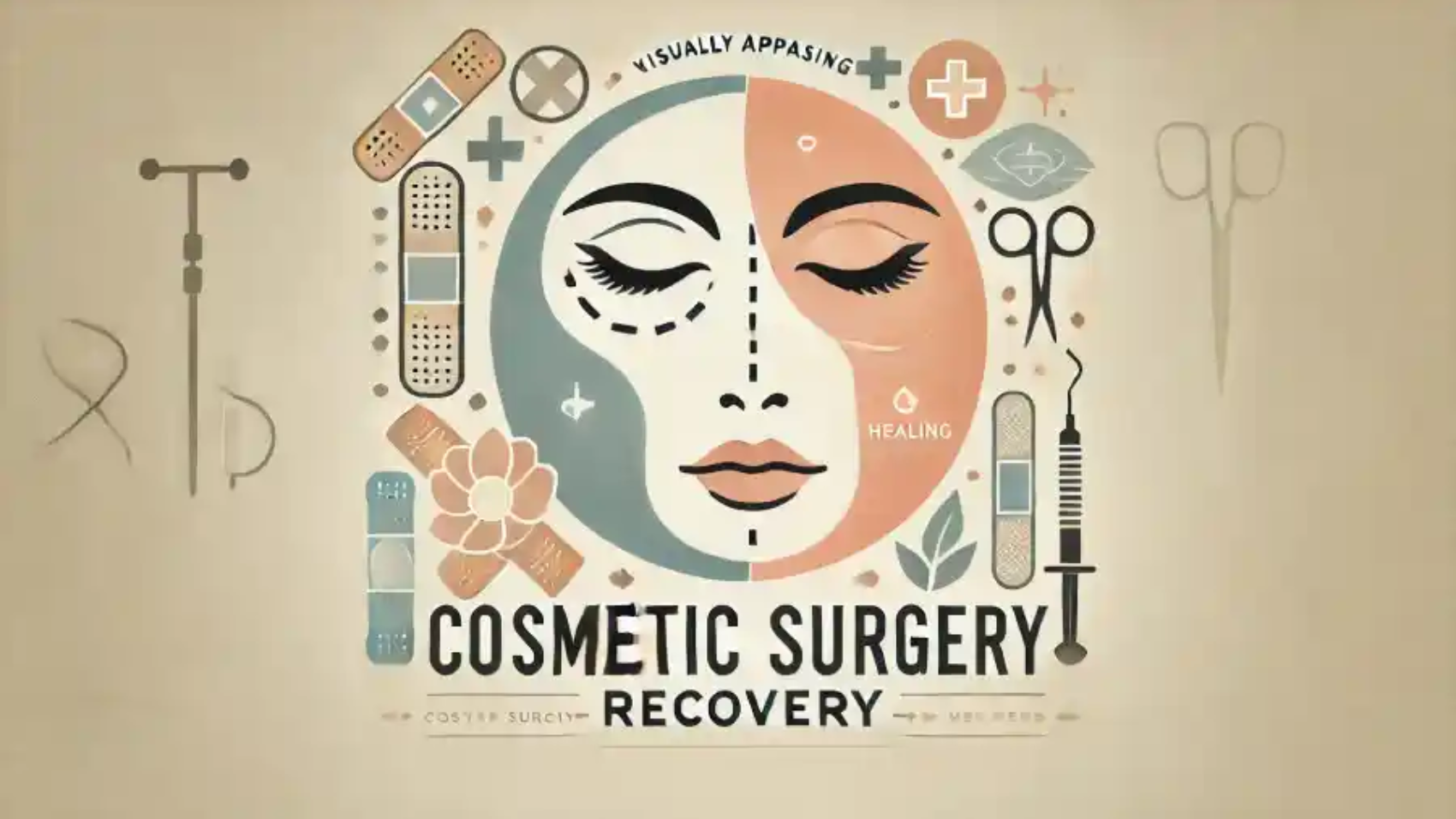There are several reasons to undergo cosmetic surgery, from wanting to fix a crooked nose to getting rid of excess loose skin after losing weight.
Cosmetic surgery procedures can vary from short thirty-minute procedures in the chair to hours-long operations in the hospital, but they all have one thing in common: recovery time.
Recovering from cosmetic surgery is no walk in the park, but by following these five tips below, you can help make the road to recovery smoother:
Kids and Pets
If you have energetic children or pets that wake you up in the morning by jumping on you or your bed, you will need to arrange for them to stay with friends or family for a few days post-surgery.
You need time to focus on your recovery – and rest is crucial. Recovery from plastic surgery is uncomfortable at best, so have a contingency plan in place for your little ones.
Follow A Healthy Diet
Typically, patients can resume their normal diets after surgery, but a liquid or soft diet for the first few days after surgery is often easier.
After that, ensure your diet is rich in protein, fiber, vegetables, and fruit. The vitamins and minerals found in fresh produce will help with healing.
Stay properly hydrated to avoid constipation.
Follow Your Surgeon’s Instructions
After your cosmetic surgery procedure, you will receive written post-op recovery instructions.
Go through them with your surgeon if you are unsure of anything or have any questions. Complying with your surgeon’s instructions will help you heal better and faster.
If you have any questions about the post-operative procedures for a brachioplasty procedure, contact a reputable medical professional like arm lift surgeon, Dr. Brandon Ball.
You must choose a reputable surgeon for the best results.
Swelling
Swelling and tightness around wounds after surgery are normal and to be expected.
It is common after many kinds of plastic surgery, including liposuction, breast augmentation, and rhinoplasty. Walking can help by improving your circulation.
To help reduce swelling, avoid salty foods. A compression garment may be worn to help you feel more comfortable and to reduce post-operative blood clots.
After face or nasal surgery, soak gauze pads in ice water and apply them to reduce swelling and help with comfort. Put them on for ten to fifteen minutes at a time, and use them for up to forty-eight hours after your surgery.
Scarring
Every surgical incision will result in scarring – that is the nature of surgery.
The ultimate quality of your cosmetic surgery scars will depend on multiple factors, including genetics, smoking, scar care, incision position, and your overall general health.
Pre-existing conditions like diabetes can affect the overall quality of your scar.
Your cosmetic surgeon will minimize scar visibility once healed by positioning surgical incisions in natural transition areas of your body such as behind the ears, in a crease, or hidden in a bikini line.
To End
Cosmetic surgery procedures can be intimidating but if you know all the facts beforehand you can ensure that your operation goes as smoothly as possible and help you get back on your feet in no time.

